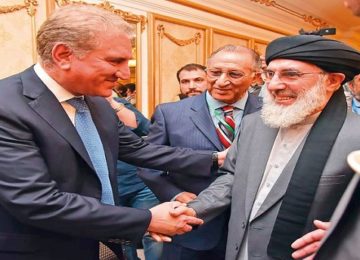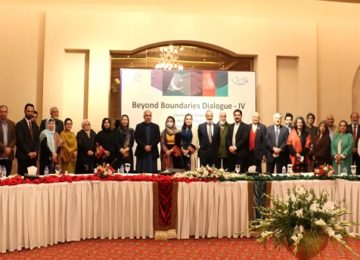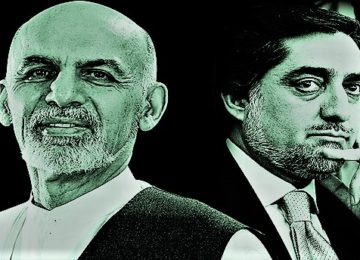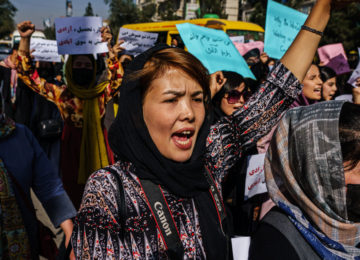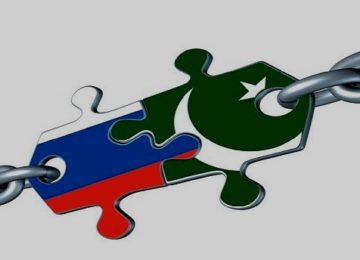November 11, 2020
The victory of the Democrat Joe Biden in US Presidential elections has left many asking the questions about Biden staying the course in Afghan Peace Process and his approach towards it. Whatever might be the final outcome of the peace process, it is expected that with Joe Biden as President, a more predictable and coordinated withdrawal of foreign troops from Afghanistan would take place.
The peace process/intra-Afghan talks following the Doha agreement, are still ongoing in Doha, amidst the hiatuses and escalation of violence. Under the US-Taliban Doha agreement, in February 2021, US agreed to withdraw US and NATO troops by May 2021, in return for Taliban breaking the ties with international terror organizations and other counterterrorism guarantees.
Biden administration being fully cognizant of the importance of stable and peaceful Afghanistan, is supposed to be more systematic, concerted and strategic in its approach to the peace process. According to a Washington based think tank, Stimson Center, any change regarding the Afghan peace process will be more in tone and process rather than substance. Hence, there is a talk in the policy circles regarding Afghan peace process with the change in administration, which would be about the way of dealing with Taliban, without giving in, much to them, and more concerned about having a real peace deal rather than just a withdrawal deal.
Biden, as the vice-president during Obama, had been against the troops’ surge in Afghanistan, being proponent of the small-scale special operation forces vis-à-vis large standing forces throughout the world. Regarding troops withdrawal from Afghanistan, Biden in an interview maintained the stance of keeping the 1,500 to 2,000 troops in Afghanistan as part of the counter-terrorism force. Despite of the fact that US wants to leave Afghanistan, it would do so more responsibly under Biden administration.
The author Tooba Altaf is a researcher at Center for Research and Security Studies (CRSS), Islamabad.
© Center for Research and Security Studies (CRSS) and Afghan Studies Center (ASC), Islamabad.




